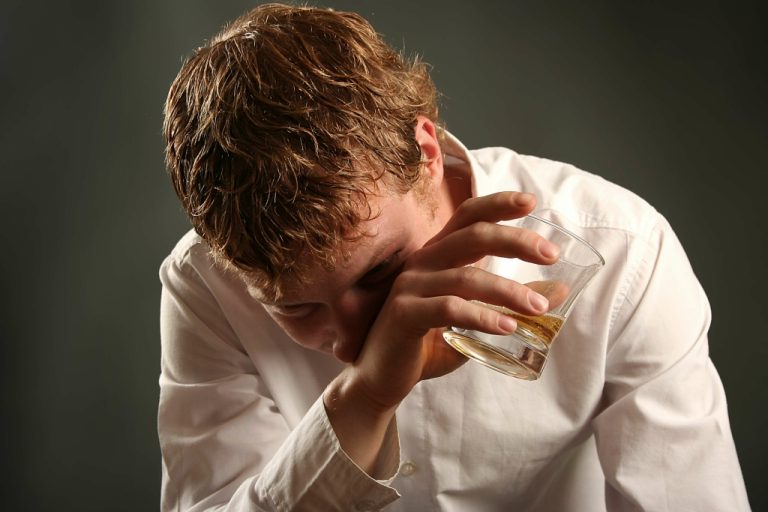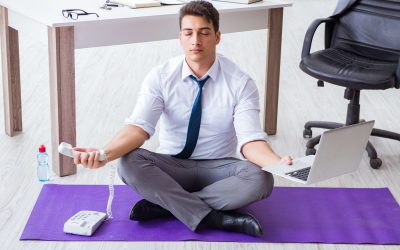Sneezing When You Drink Wine? 5 Common Culprits and How to Avoid Them
This suggests that the act of sneezing after consuming coffee may not be solely due to the beverage itself but could be a cumulative response to various factors. As the exact cause of alcohol-induced sneezing is not fully understood, there is no foolproof way to prevent it. Top Level Replica Watches UK – 1:1 Fake Watches UK Store.However, you can try avoiding specific alcoholic beverages or reducing your alcohol consumption to see if it makes a difference.

Can dehydration from coffee lead to sneezing?
Unfortunately, nothing can prevent reactions to alcohol or ingredients in alcoholic beverages. BUY CHEAP REPLICA WATCHES UK:Swiss High Quality Fake Watches store.To avoid a reaction, avoid alcohol or the particular substance that causes your reaction. Alcohol intolerance can cause immediate, uncomfortable reactions after you drink alcohol. On top of those reasons, the individual may have an alcohol intolerance.
Is it bad to drink alcohol when you have allergies?
Drinking plenty of fluids will help to thin out the mucus in your nose and make it less likely to trigger a sneeze. People with an alcohol allergy should exercise caution when eating or drinking anything that they have not prepared themselves. However, only two of the 68 participants have a medically diagnosed allergy.
Alcohol Allergies
- The alcohol that we consume is broken down and converted to a chemical called acetaldehyde.
- In very rare cases, reactions to alcohol may be a sign of Hodgkin’s lymphoma.
- Instead, they state that the data indicate that alcohol interacts with a component involving the body’s allergic response.
- For instance, beer and wine contain high levels of histamine, which can also contribute to a runny nose or nasal congestion.
With a little research and careful label reading, you may be able to find beer that doesn’t contain that particular allergen. You’ll also want to avoid all other products made with that ingredient. It means you have to take great care in reading labels and choosing foods and drinks. BEST 1:1 SWISS CHEAP REPLICA OMEGA WATCHES:yak.me.uk.These include proteins, enzymes, dairy products, molds, and ingredients used in the production of wine. Unlike the symptoms of intolerance, an allergic reaction can be serious and even life-threatening.
In addition to avoiding high-histamine and allergy-triggering foods, people should focus on incorporating histamine-lowering and anti-inflammatory foods into their diet. This can include olive oil, ginger and garlic, and some dairy products, such as organic yogurt, for example. The most common cause of HIT is a combination of genetics and a diet high in histamine-containing foods. Histamine is present in various types of food, including aged cheese, processed meats, alcohol, fish and other foods, as well as in some medications. Additionally, HIT is more common in those with mast cell activation disorder (MCAD), a condition in which the mast cells in the body produce too much histamine. If you’ve ever experienced swelling of the tongue or throat or trouble breathing after drinking beer, you should stop drinking beer until you’ve seen a doctor.
- If you experience any of these reactions after drinking red wine, it could be a sign that you are intolerant or allergic to alcohol.
- In some cases, alcohol consumption can exacerbate seasonal allergies and trigger symptoms like sneezing, nasal congestion, or runny nose in individuals with allergies.
- It means you have to take great care in reading labels and choosing foods and drinks.
The symptoms of alcohol intolerance can include a stuffy or runny nose, skin flushing, red itchy skin bumps, and worsening of pre-existing asthma. While these symptoms may be mild and not life-threatening, they can still be uncomfortable and irritating. The only way to prevent these reactions is to avoid alcohol or limit the amount consumed. While specific ingredients in alcoholic beverages may cause allergic reactions, there is no known comprehensive list that guarantees the prevention of alcohol-induced sneezing. “Reactions to alcohol are unlikely to be caused by a ‘true’ allergy,” explains Holly Shaw, Nurse Advisor at Allergy UK. It is important to seek medical advice as soon as possible if you experience any of these symptoms after drinking wine.
This figure represents alcohol makes me sneeze people whose symptoms are traceable to what the manufacturers made the product from and its production process, not the alcohol itself. These range from heart and liver damage to a greater risk of certain cancers. If coffee consistently causes sneezing and discomfort, you might want to explore alternative beverages. Herbal teas, for instance, are caffeine-free and come in various flavors that might be more soothing to your system.

Beer contains histamines, which can cause an allergic response
For example, someone with a wheat allergy may only react after eating wheat followed by drinking alcohol or exercising. “This is known as food-dependant cofactor induced anaphylaxis,” Dr Watts says. It’s very difficult for consumers to know whether an alcoholic drink contains allergens or ingredients they’re intolerant to. That’s because in the UK, alcoholic drinks manufacturers don’t have to put an ingredients list or nutrition information on the label. So, Dr Sim urges anyone who knows they’re allergic to certain foods, particularly grains, to be aware they could be in drinks, too.
Alcohol Nasal Congestion FAQ
A doctor will be able to determine the cause of your symptoms and provide appropriate medical treatment. In some cases, it may be necessary to discontinue drinking wine altogether to avoid further complications. If you experience any symptoms after consuming alcohol, it is important to speak to a doctor to ensure heroin addiction your health and safety.
